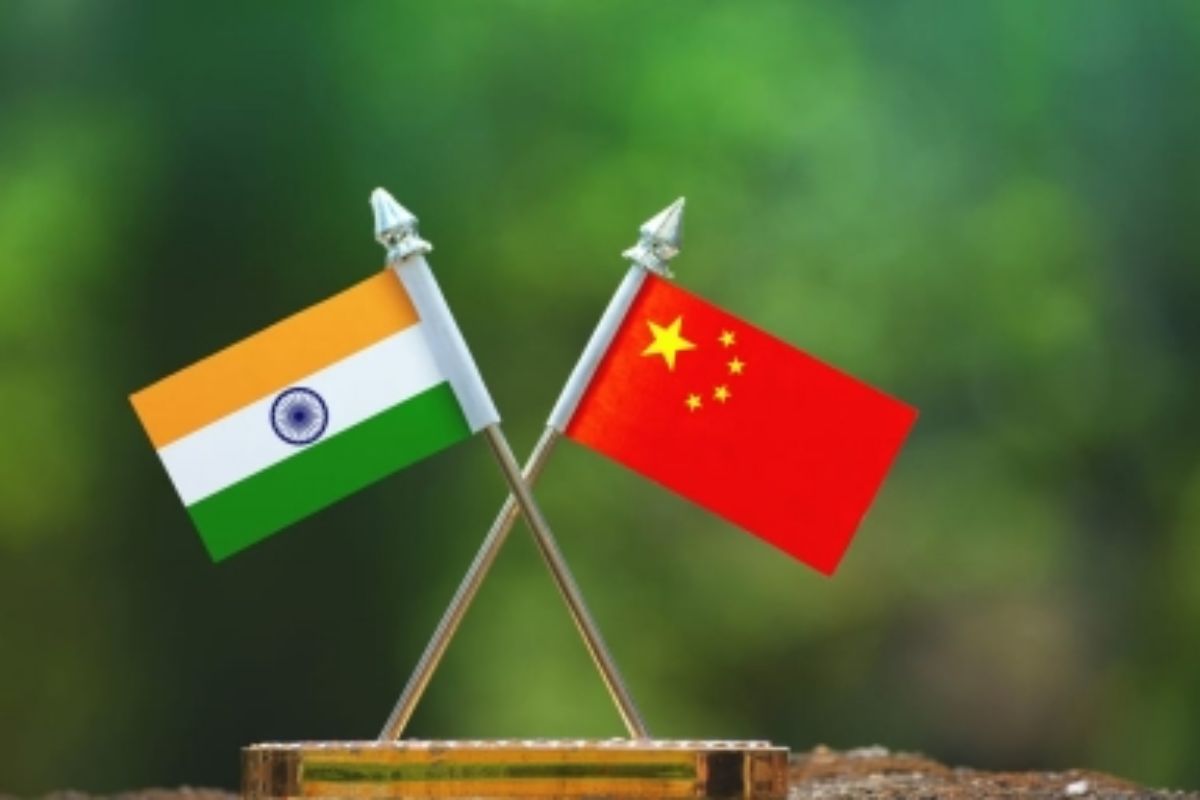The meeting between the foreign ministers of India and China in Kazakhstan marks a significant yet cautious step forward in addressing the longstanding border issues that have plagued the two nations. The Himalayan border, a vast and poorly demarcated expanse, has been the site of increased tensions and military standoffs, most notably the deadly clash in 2020 that claimed the lives of soldiers on both sides.
This historical context adds weight to the recent discussions, highlighting the urgency and complexity of the situation. The decision to enhance dialogue between diplomatic and military officials reflects a pragmatic approach to conflict resolution. The prolonged standoff is not in the interest of either nation, especially given their status as nuclear-armed powers. The mutual agreement to expedite talks recognizes that maintaining peace and stability is paramount, not just for bilateral relations but for regional security as well. External Affairs Minister S Jaishankar’s reaffirmation of the importance of abiding by past bilateral agreements, protocols, and understandings is a call for consistency and adherence to established norms.
Advertisement
This emphasis on existing frameworks can provide a foundation for trust-building and ensure that both sides remain committed to peaceful resolutions. It also signals a desire to move past the impasses that have characterised recent interactions. Chinese Foreign Minister Wang Yi’s comments on handling and controlling the border situation while resuming normal exchanges suggest a dual approach, one that Beijing has used in the past. On one hand, it is crucial to manage the immediate security concerns and prevent any escalation of tensions. On the other, there is a need to foster positive engagement in other areas, which can create an environment for resolving border disputes.
This balanced strategy could be instrumental in breaking the cycle of mistrust and suspicion that has hindered progress; but Beijing will have to be more sincere than it has been in the past. The backdrop of Prime Minister Narendra Modi’s recent call for urgent attention to the prolonged border situation adds a layer of political commitment to the diplomatic efforts. As he begins his third term, Mr Modi’s administration is likely keen to demonstrate a proactive stance on national security issues.
This meeting and the agreements reached could be seen as an initial step in a broader strategy to stabilise the region. However, it is essential to temper optimism with realism. The history of India-China relations is fraught with complexities, and the path to a lasting resolution is unlikely to be straightforward. Both nations have fortified their positions and increased their military presence along the border, reflecting deep-seated apprehensions. Confidence-building measures will need to be robust and sustained over time to create meaningful change. Moreover, the broader geopolitical context cannot be ignored.
Both India and China are major players on the global stage, with strategic interests that extend beyond their bilateral relationship. How they navigate their border issues will have implications for their roles in international forums and their relations with other countries. It is in their mutual interest to avoid an escalation that could draw in external powers and further complicate the situation
